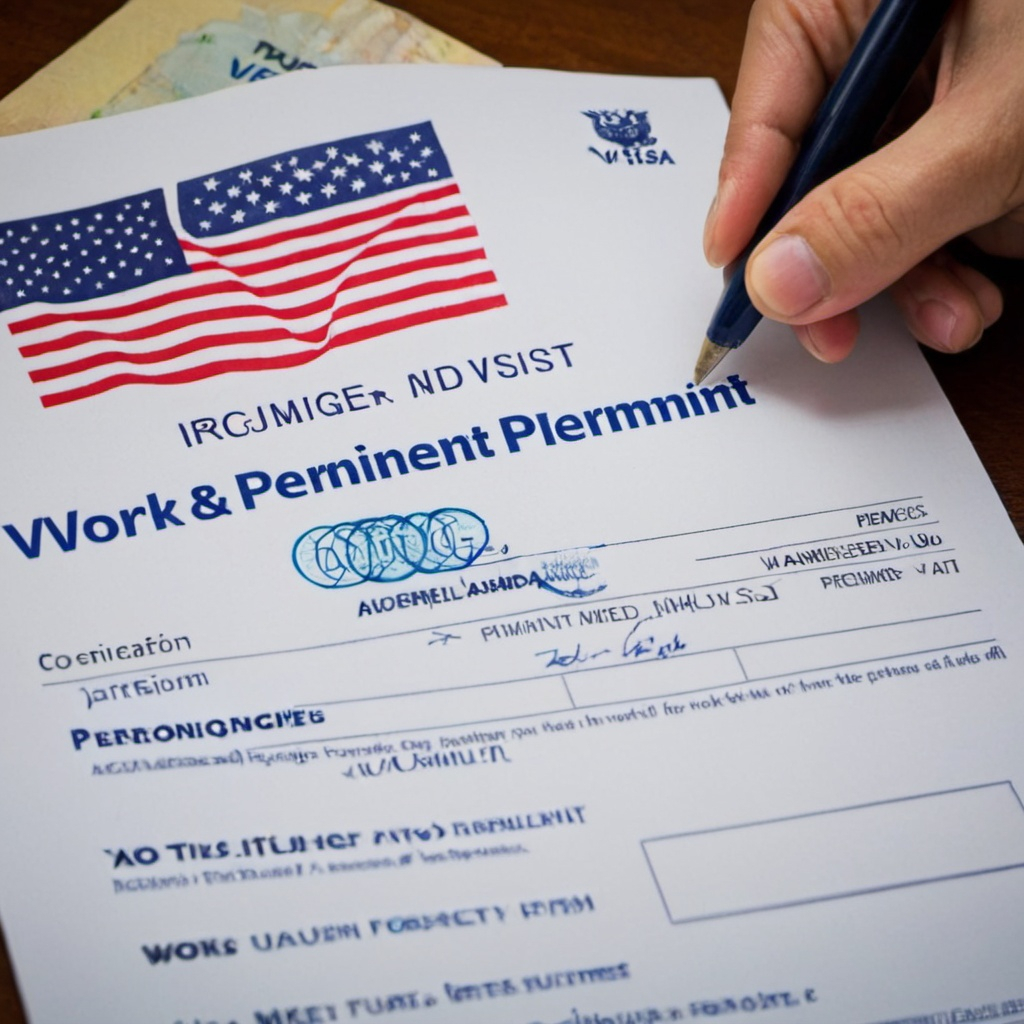Engineering And Design Careers For Foreigners In The Czech Republic
Introduction: The Czech Republic is a hub for engineering and design, offering diverse career opportunities for foreigners interested in pursuing professions in this field. From mechanical and electrical engineering to architectural design and software development, the Czech Republic’s engineering sector encompasses a wide range of specialties. In this comprehensive guide, we’ll delve into the world of engineering and design careers for foreigners in the Czech Republic, providing essential information and clickable links to help navigate this promising field. Mechanical Engineering: Roles: Mechanical engineers design and develop machinery, equipment, and mechanical systems. Opportunities: Employment in automotive companies, machinery manufacturers, and engineering firms. Technical University of Ostrava – Faculty of Mechanical Engineering Czech Society of Mechanical Engineers (ČSSI) Electrical Engineering: Roles: Electrical engineers work on electrical systems, power generation, and electronic devices. Opportunities: Jobs in electronics manufacturing, energy companies, and telecommunications. Czech Technical University in Prague – Faculty of Electrical Engineering Association of Czech Electrical and Electronic Engineers (ELECTRA) Architectural Design: Roles: Architects design buildings, structures, and urban spaces. Opportunities: Employment in architectural firms, construction companies, and urban planning agencies. Academy of Arts, Architecture & Design in Prague (UMPRUM) Czech Chamber of Architects (ČKA) Civil Engineering: Roles: Civil engineers design and oversee construction projects, infrastructure, and transportation systems. Opportunities: Jobs in construction companies, government agencies, and consulting firms. Brno University of Technology – Faculty of Civil Engineering Czech Chamber of Chartered Engineers and Technicians (ČKAIT) Software Development and IT: Roles: Software developers create computer programs, applications, and systems. Opportunities: Employment in software companies, IT services providers, and technology startups. Czech Technical University in Prague – Faculty of Information Technology Association of Czech IT Managers (ASCIT) Lead instrumentation design engineer Senior Electronic Engineer, R&D, Czech Republic Johnson Controls International Brno, Czechia Konstruktér / Mechanical Design Engineer Czech Republic Brno, Czechia Junior Mechanical/Piping Designer, Draftsman Bilfinger Ostrava, Czechia Senior Project Engineer (Eng) M McDermott External Career Site Brno, Czechia Senior Systems Design Engineer Thermo Fisher Scientific Brno, Czechia Lead Project Enginee Baker Hughes Pilsen, Czechia Junior Hardware Verification Engineer (CZ) Codasip Brno, Czechia PROJECT ENGINEER R Rockwell Automtn Slovakia (HUN) Prague, Czechia Conclusion: Engineering and design careers in the Czech Republic offer exciting opportunities for foreigners with a passion for innovation and problem-solving. Whether in mechanical engineering, electrical engineering, architectural design, civil engineering, or software development, the Czech Republic’s engineering sector provides a conducive environment for professional growth and development. By leveraging the clickable links provided, foreigners can explore educational programs, professional associations, and job opportunities to pursue rewarding careers in engineering and design in the Czech Republic.
Engineering And Design Careers For Foreigners In The Czech Republic Read More »










